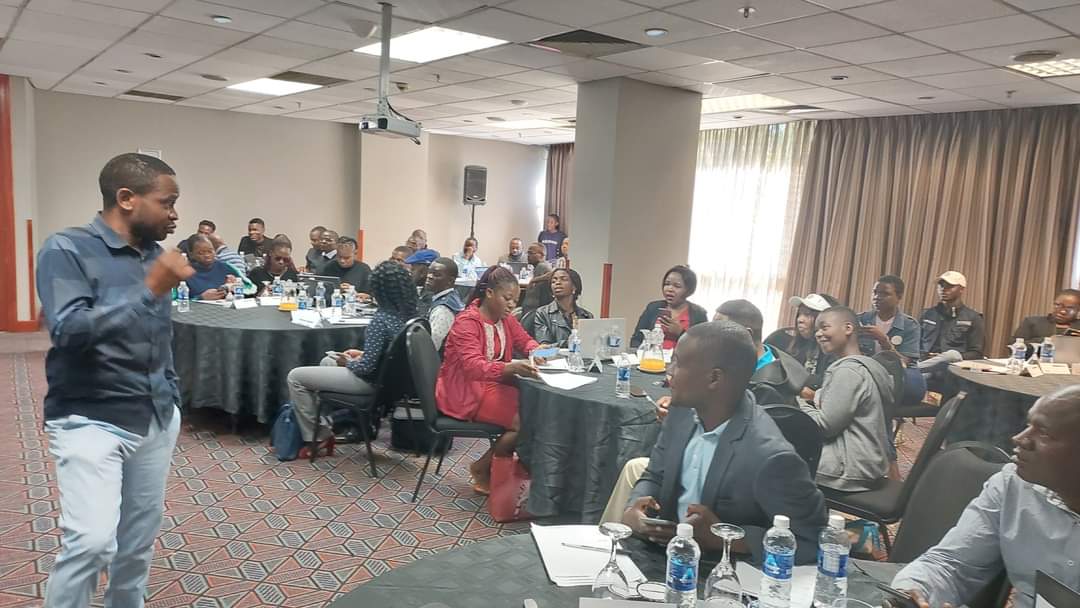|
Getting your Trinity Audio player ready...
|
Writes Tafadzwa Muranganwa
A number of local journalists across the country underwent a one-day digital security training in Harare hosted by the Media Institute of Southern Africa (MISA) Zimbabwe chapter today.
Speaking to the journalists drawn from the print, electronic and online media, digital security expert, Chris Musodza, emphasized why media personnel need to invest in digital security.
“As journalists you are a critical profession and any breaches to your digital security on your gadgets will adversely affect your work,” Musodza told the journalists.
He went on to illustrate ways and tools to protect information.
“There is the need for you to create strong passwords on your gadgets and the use of the 2-step authentication tool is a must for every journalist,” added the digital security trainer.
The journalists were acquainted with knowledge on how to use safer applications especially when communicating with sensitive sources.
“An application like Signal has various key security features that enable you to secure your communication with sources,” Musodza alerted.
A Chegutu digital rights freelance writer, Richard Kawazi, said he was taken aback after learning of forms of spyware that can be able to breach one’s computer hardware without his or her consent.
“The major highlight to me of the training is the information that some spyware can be able to access your computer hardware without your consent despite you having secured your software,” alluded Kawazi, president of Zimbabwe Network for Citizen Journalists (ZNCJ).
The country has often had internet shutdowns, compromising the work of journalists, human rights defenders, and ordinary citizens. A few years ago, an online publication, Bustop TV, had its website hacked for some days and it was only restored after some digital gurus intervened. This then shows why digital security training is crucial for journalists, human rights, and civil society activists.






